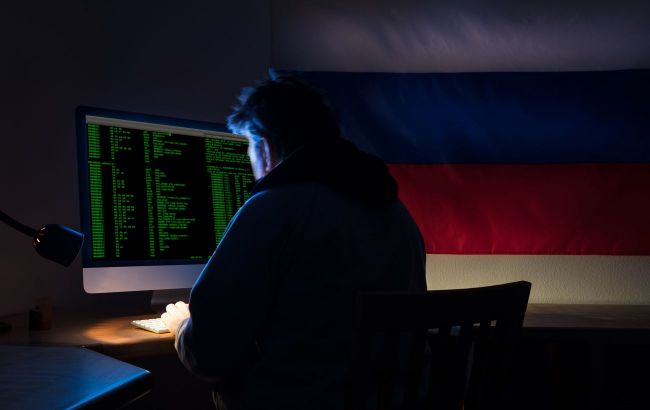Russia ramping up subversive activity against Europe’s critical infrastructure, intelligence reports
 Illustrative photo: Russia is stepping up subversive activity against Europe's critical infrastructure (Getty Images)
Illustrative photo: Russia is stepping up subversive activity against Europe's critical infrastructure (Getty Images)
The number of Russia’s hybrid attacks in European countries has sharply increased since the start of the full-scale invasion of Ukraine in 2022, according to Ukraine’s Foreign Intelligence Service.
According to intelligence data, over 200 incidents have been documented during the period from 2014 to 2024, ranging from sabotage and disinformation to cyberattacks and GPS electronic jamming.
More than 86% of these occurred after 2022, and in 2024 alone, the number was six times higher than the previous year.
It is noted that Russia’s main targets remain the energy sector, transportation, and communications. Since the beginning of 2025, attacks have been recorded on submarine cables, water supply facilities, and attempts to influence air transportation within EU countries.
The activity of Russian agents has a systematic character: on average, 20 countries experienced attacks annually between 2022 and 2024. The states most frequently targeted are those that actively support Ukraine, in particular Poland, the Baltic countries, Finland, Germany, the United Kingdom, and Norway.
The aggressor country’s operations aim to provoke internal problems to weaken European solidarity and reduce support for Kyiv.
Russia’s hybrid attacks
Czech intelligence named 2024 one of the most dangerous years for the country’s security due to Russia’s activity. This includes cyberattacks, disinformation, espionage, and sabotage attempts.
Earlier, we also reported that the German Bundeswehr faces cyberattacks almost daily, with Russian traces detected in Germany.
At the same time, intelligence agencies across Europe are already preparing for new challenges after the war in Ukraine ends, including a possible influx of Ukrainian veterans and the risk of weapons falling into the hands of criminals.
Czech intelligence also warned that Russia, China, and Iran pose a threat to Europe’s security. Intelligence officials believe the world is balancing on the edge of a global conflict.
It was also previously reported that the European Union may create a new independent agency to counter Russian disinformation and election interference.

